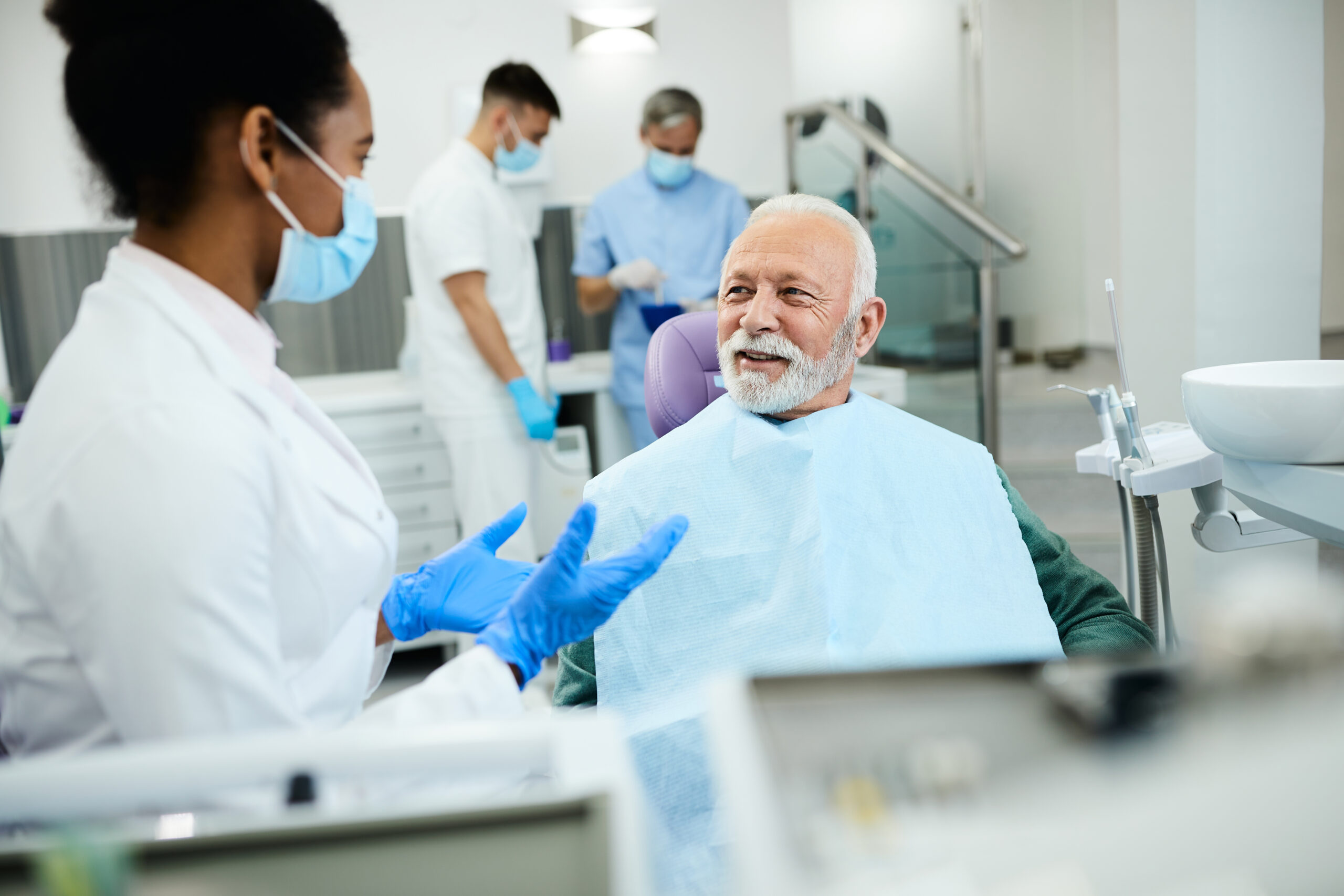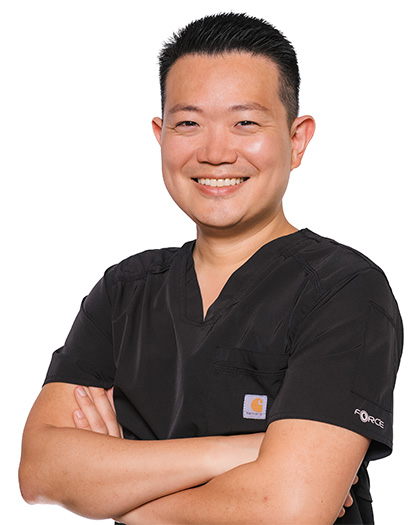Geriatric dentistry, also known as dental geriatrics or senior dental care, is a specialized field of dentistry that focuses on the oral health care of older adults. As people age, they often face unique dental challenges related to natural aging processes, medical conditions, medications, and lifestyle changes. Geriatric dentistry addresses these needs through preventive, restorative, and palliative care to ensure optimal oral health and overall well-being for seniors.
Why is Geriatric Dentistry Important?
The global population is aging, with the number of people aged 65 and older increasing rapidly. Oral health plays a vital role in overall health, and poor dental care can significantly impact the quality of life for seniors. Here’s why geriatric dentistry is essential:
Oral-Systemic Connection
Research shows that oral health issues, such as periodontal (gum) disease, are linked to systemic conditions like heart disease, diabetes, and stroke. Older adults are at greater risk due to a higher prevalence of chronic conditions and compromised immune systems.
Managing Age-Related Changes
Aging impacts oral health in various ways, such as enamel wear, reduced salivary flow (xerostomia), and changes in bone density. Seniors may also experience tooth loss, requiring specialized care like dentures, implants, or bridges.
Medication-Related Dental Problems
Many older adults take multiple medications (polypharmacy), which can lead to side effects like dry mouth, increasing the risk of cavities, infections, and discomfort.
Accessibility and Adapted Care
Geriatric dentistry prioritizes care that accounts for mobility issues, cognitive impairments (e.g., dementia), and financial limitations often faced by seniors.
Common Dental Issues in Older Adults
Tooth Decay and Cavities
Root surface caries are common in older adults, especially those with exposed tooth roots from receding gums.
Gum Disease
Gum disease can progress more rapidly in seniors, leading to tooth loss if left untreated.
Dry Mouth (Xerostomia)
Often caused by medications or conditions like Sjögren’s syndrome, dry mouth can result in discomfort, bad breath, and higher cavity risk. Learn about dry mouth management.
Oral Cancer
The risk of oral cancer increases with age, making regular dental check-ups vital for early detection.
Dentures and Prosthetics
Ill-fitting dentures can lead to sores, infections, and difficulty chewing. Geriatric dentists are skilled in adjusting and maintaining these appliances.
Cognitive and Neurological Disorders
Conditions like Alzheimer’s and Parkinson’s can make routine oral hygiene challenging, requiring tailored care plans.
Services Offered in Geriatric Dentistry
Geriatric dentistry provides services designed to meet the unique needs of older patients, including:
- Preventive Care: Regular cleanings, fluoride treatments, and sealants to prevent decay.
- Restorative Treatments: Fillings, crowns, and bridges to restore function and aesthetics.
- Tooth Replacement: Dentures, implants, or fixed prostheses for missing teeth.
- Management of Dry Mouth: Recommendations for hydration, saliva substitutes, and medications.
- Oral Cancer Screenings: Regular check-ups to detect abnormalities early.
- Customized Care Plans: Strategies tailored to accommodate physical or cognitive limitations.
How Geriatric Dentists Tailor Care
Communication
Geriatric dentists often take extra time to explain procedures and listen to patients’ concerns, especially for those with hearing or cognitive impairments.
Comfort and Accessibility
Practices may offer adjustable chairs, sedation options, or in-home visits for patients with mobility challenges.
Collaboration with Care Teams
Geriatric dentists often work closely with physicians, caregivers, and family members to ensure comprehensive care.
Emphasis on Prevention
Preventive measures are prioritized to minimize the need for invasive treatments, which can be challenging for older patients.
The Role of Caregivers in Geriatric Dentistry
For seniors who rely on caregivers, dental health often becomes a shared responsibility. Caregivers may assist with daily oral hygiene, schedule dental appointments, and communicate with dentists about the patient’s medical history and needs. Education and resources for caregivers are essential to ensure they are equipped to maintain the oral health of older adults under their care.
The Future of Geriatric Dentistry
As the senior population continues to grow, the demand for geriatric dentistry is expected to rise. Innovations in technology, such as telehealth and advanced prosthetics, are likely to improve accessibility and outcomes for older patients. Furthermore, integrating geriatric dentistry into general dental practices can ensure that more seniors receive the specialized care they need.
Conclusion
Geriatric dentistry is a vital field that recognizes and addresses the unique oral health challenges faced by older adults. By focusing on prevention, customized care, and collaboration, this specialized branch of dentistry aims to enhance the quality of life for seniors, ensuring that they can enjoy their golden years with a healthy and confident smile.
References
- American Dental Association. “The Importance of Oral Health for Older Adults.”
- National Institute on Aging. “Dental Health and Aging.”
- Petersen, P. E. “Global Policy for Improving Oral Health in Older Adults.” International Dental Journal.
- Mayo Clinic. “Aging and Oral Health: Common Problems and Solutions.”
- NIH National Institute of Dental and Craniofacial Research. “Oral Health in America: Advances and Challenges.”



